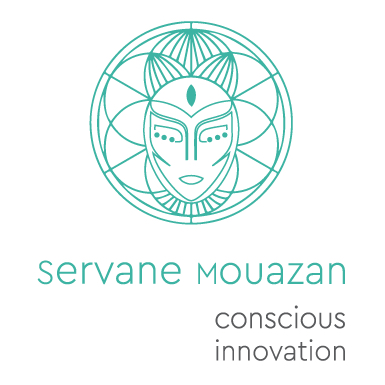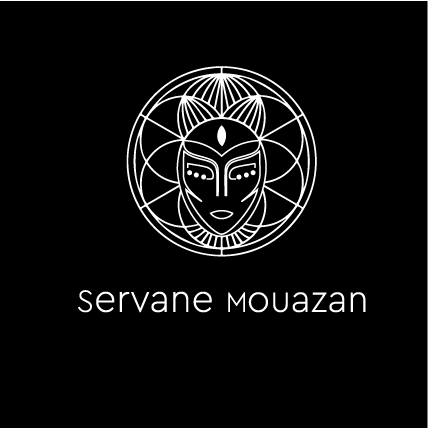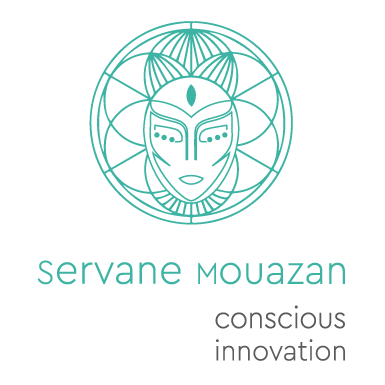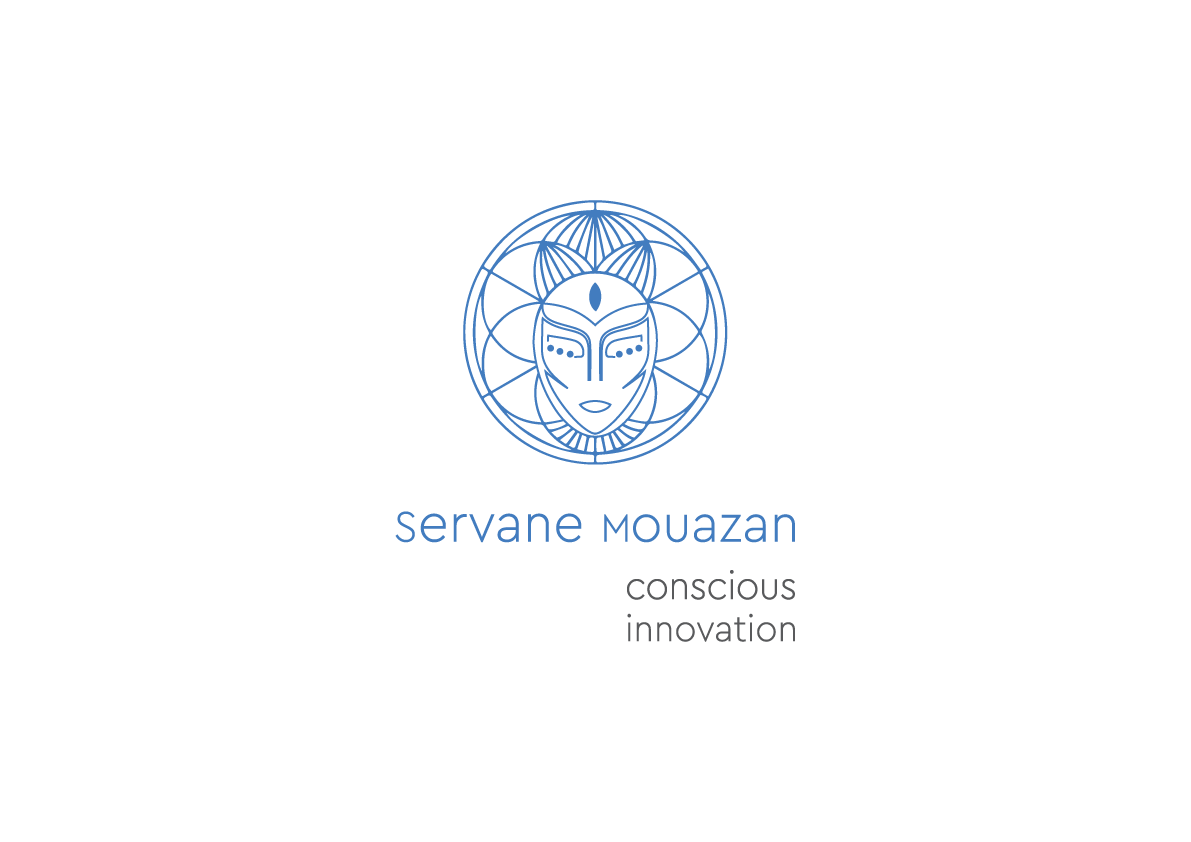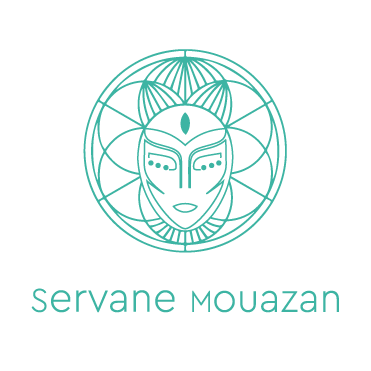My new guest in the House of Trust is Pierre Golbach, process designer and facilitator, founder of the Sensemakers Collective. Pierre is passionate about collective learning, learning that brings about significant social change.
He creates safe and creative spaces that help people partner with each other.
In this space, trust gets built; intentions are shared and actualised.
In our short 15 min conversation, we explore what teams can collectively accomplish when they start thinking intentionally about their impact.
First and foremost, we need to understand that the representatives of various sectors, whether they come from government, start-ups, finance, and other industry ecosystems, all operate with a different logic.
Their organisational structures are different, their objectives and ways of optimising resources are different, approaches and expectations of value creation also vary, and thereby their mindsets and assumptions won’t necessarily align.
But they need each other.
Believe in the overlap
“It’s really nice to see how they make an effort to come together and understand a little bit the needs and also, to some extent, the limitations of the organisational logic that everybody has. They figure out together what the overlap is.”
The ingredients that bring people together and enable them to achieve impact…
1. Mutual Appreciation: Pierre believes that it is in the creation of a web of mutual appreciation, and the understanding of differences and commonalities among the various representatives in the group, that the bond starts to develop.
Each one of us comes with a baggage of context, missions, boundaries, constraints, hopes, beliefs and assumptions and this needs to some extent to come out in the open to facilitate understanding.
2. The second ingredient is clarity of purpose. We have to clarify why we are all here, our shared intention, and what’s in it for each one of us and for us all collectively. You don’t have to bend your own interest or your organisation’s interests to reach that point.
3. When you have ingredients 1 and 2, they produce the third element: Trust
“Trust is like the pulse that allows the shared organism to take shape. It allows us to free up resources so that we can really focus on what we need to do […] When I don’t need to protect myself from my partners, as there is trust, it allows us to move together. […] All of this greases the many mechanisms of cooperation.”
Listening to Pierre, many images came up: as a group is working ‘in trust’, when we release the fear, when we leave the anxiety out, we free up some resources that allow a bond, a glue, for hope, and the joy of putting something together. And it feels good!
In our conversation, we explore how the most unexpected groups of stakeholders can indeed find a common ground; Pierre takes us to Brazil with farmers involved in deforestation to expand agricultural land. He tells us how the work was about creating new lines of communication, and moving away from blame. It’s about understanding why farmers behave the way they do, surfacing the antagonism the farmers might find themselves in, and learning and “feeling” different stakeholders’ perspectives. The objective is then to create an environment that answers the group’s underlying needs
As we close our conversation, I ask Pierre which question he still wants to investigate:
“How can we communicate the benefits of collaboration and open it up to people who don’t necessarily find it naturally helpful?”
We’ll be tuning in to see which progress he made.
In the meantime, here’s my personal invitation to you:
“What might we be assuming that is limiting our thinking as we try to bring up “collaboration” to the non-converted?”
***
“The House of Trust” is a Conscious Innovation learning project (online, on-site, in groups and in 1:1s) that explores what trust looks like, the stories we create in ourselves and around us to grow valuable relationships, and conditions that generate and ignite a positive impact in our communities, our workplaces. Look up our next events here.
Do you want to be kept directly informed about Conscious Innovation events, breakthrough thinking tools and opportunities? Subscribe here.
